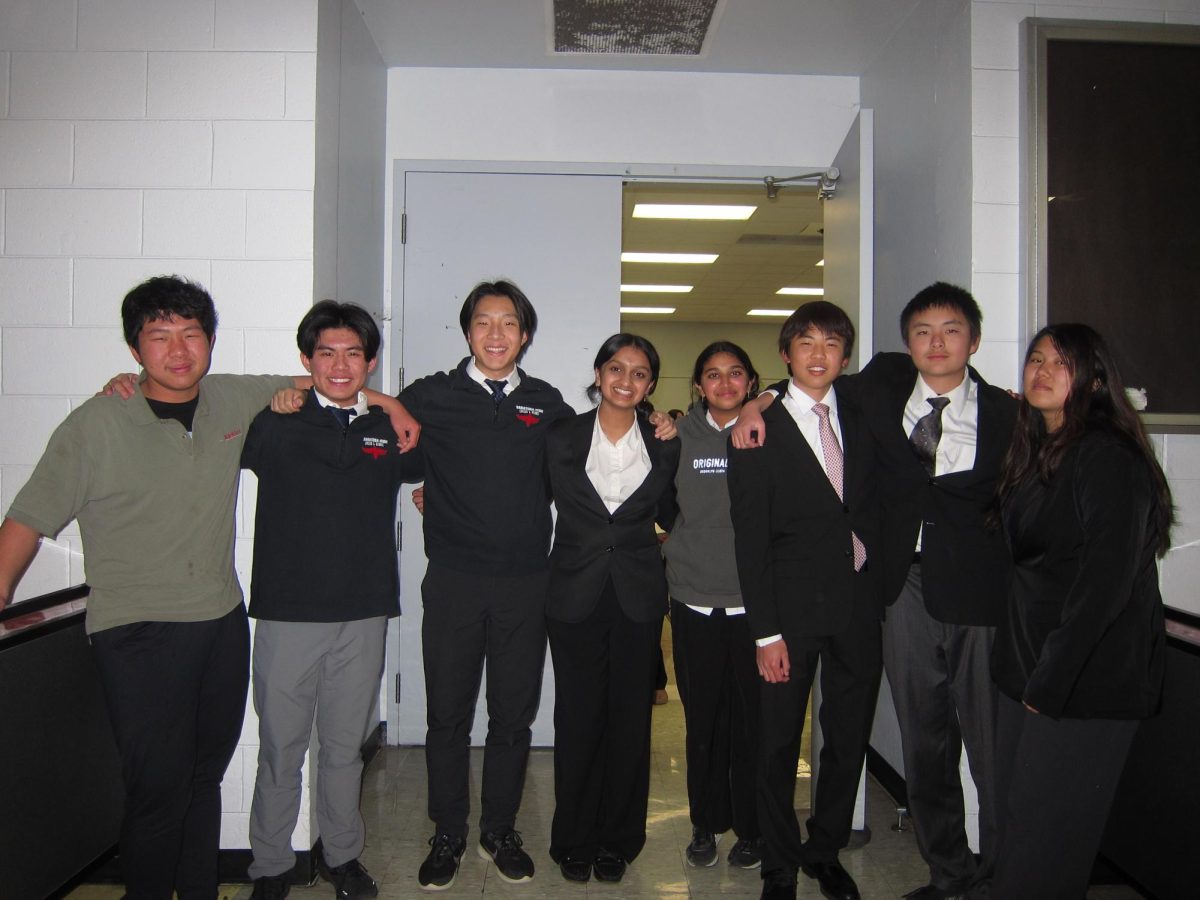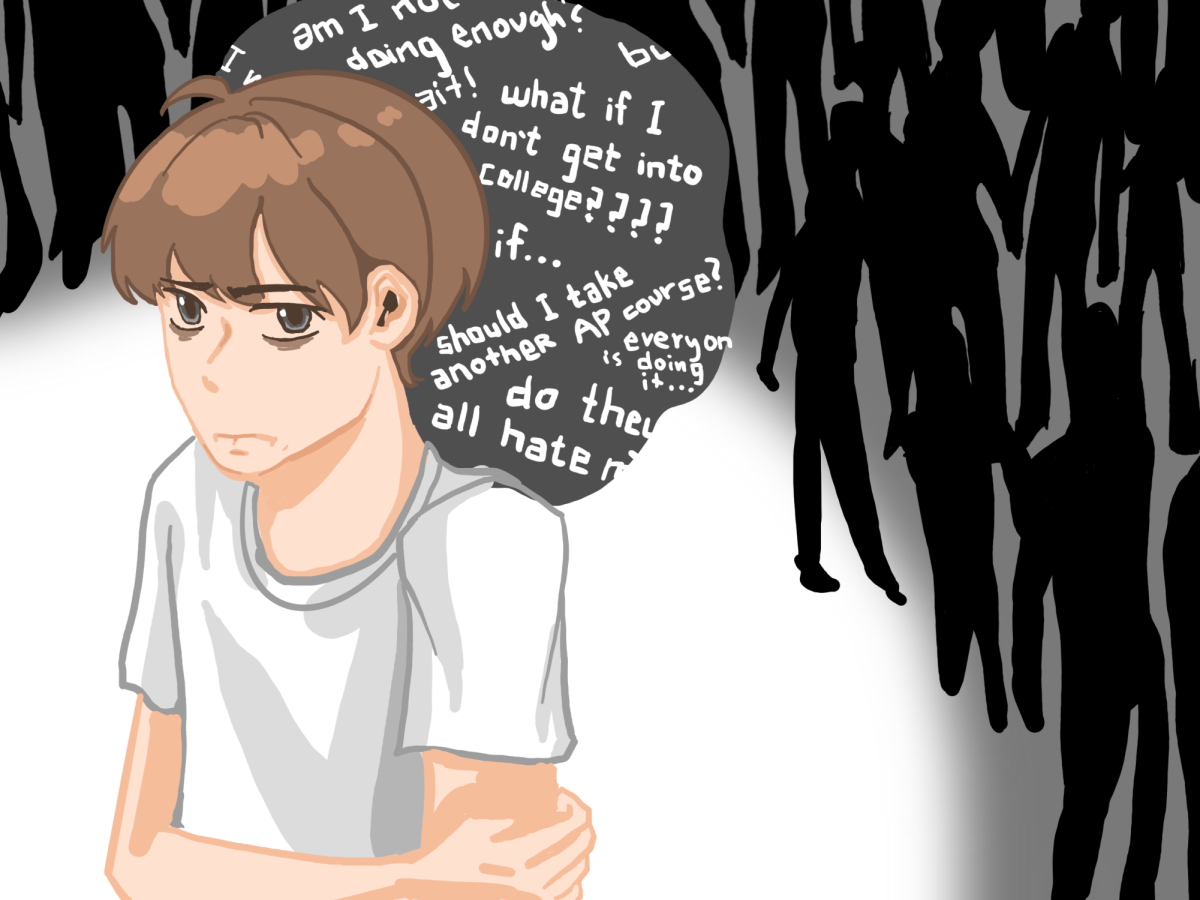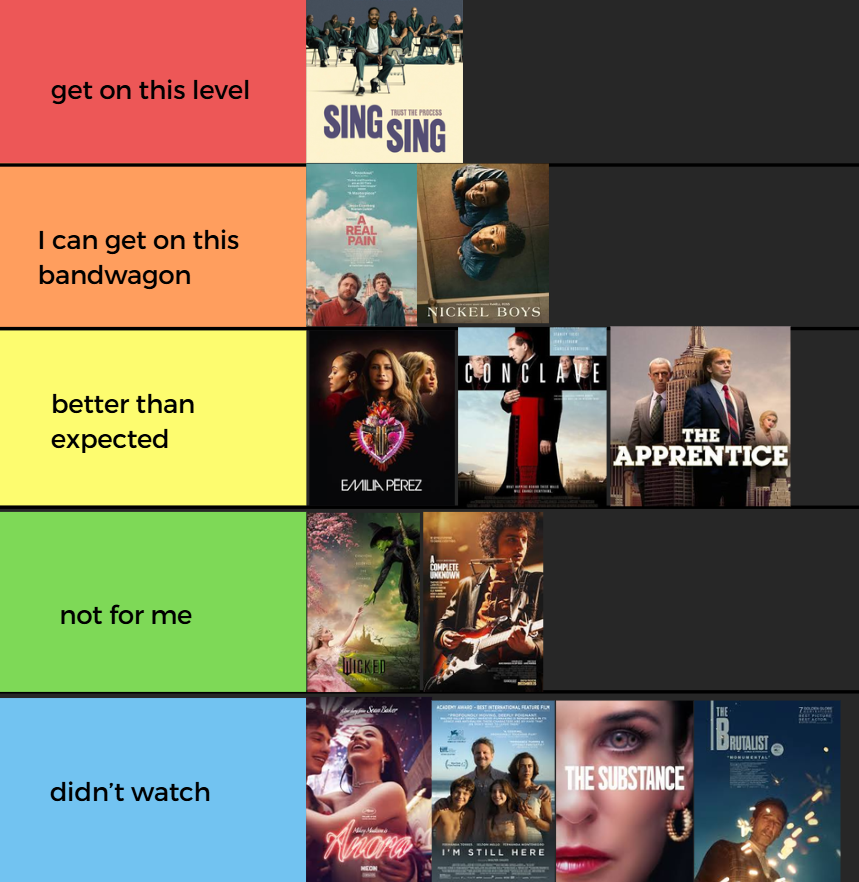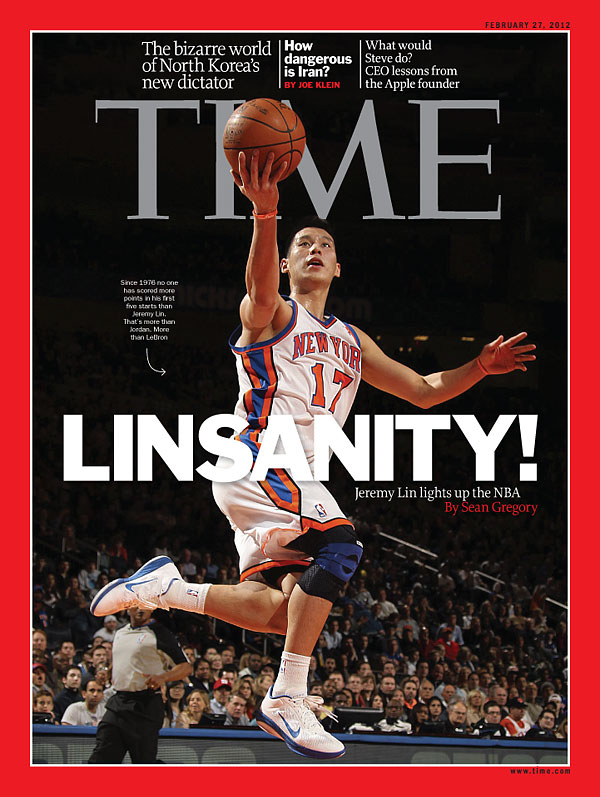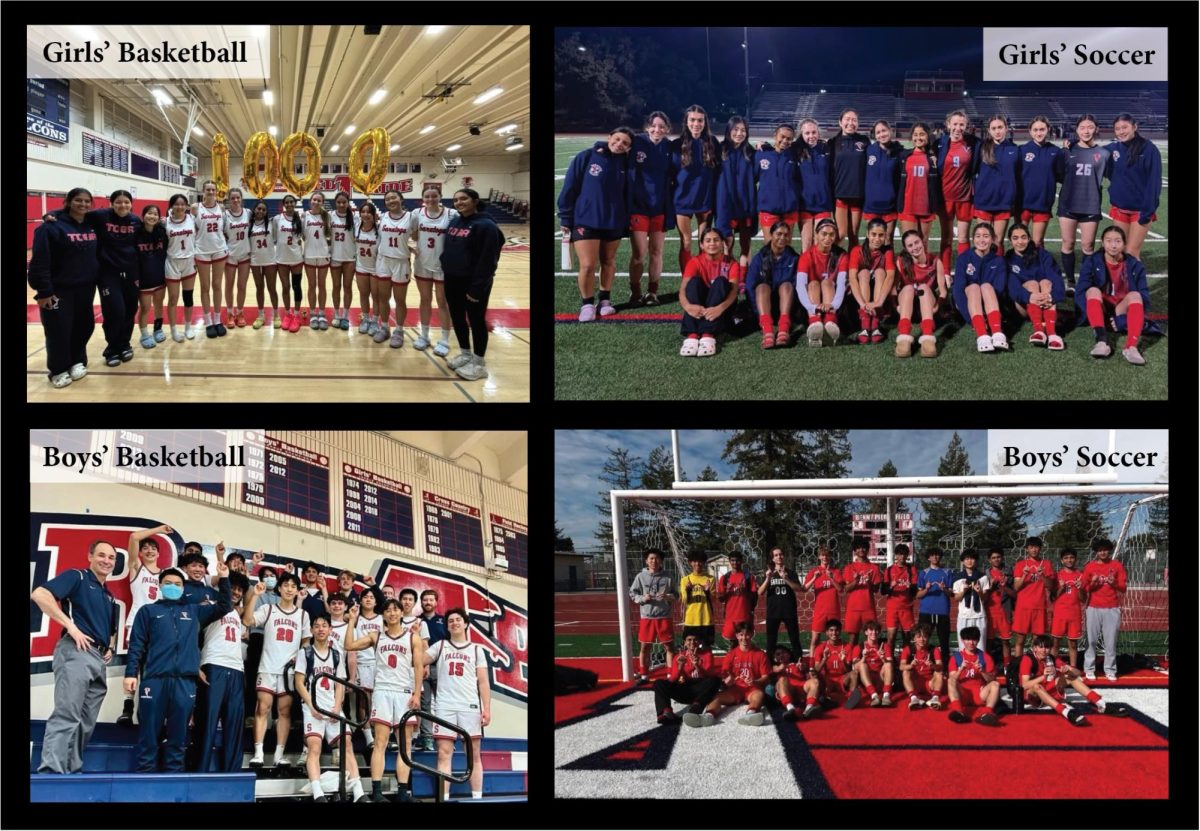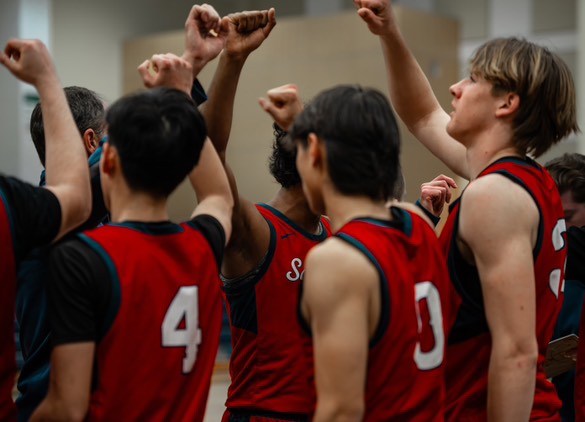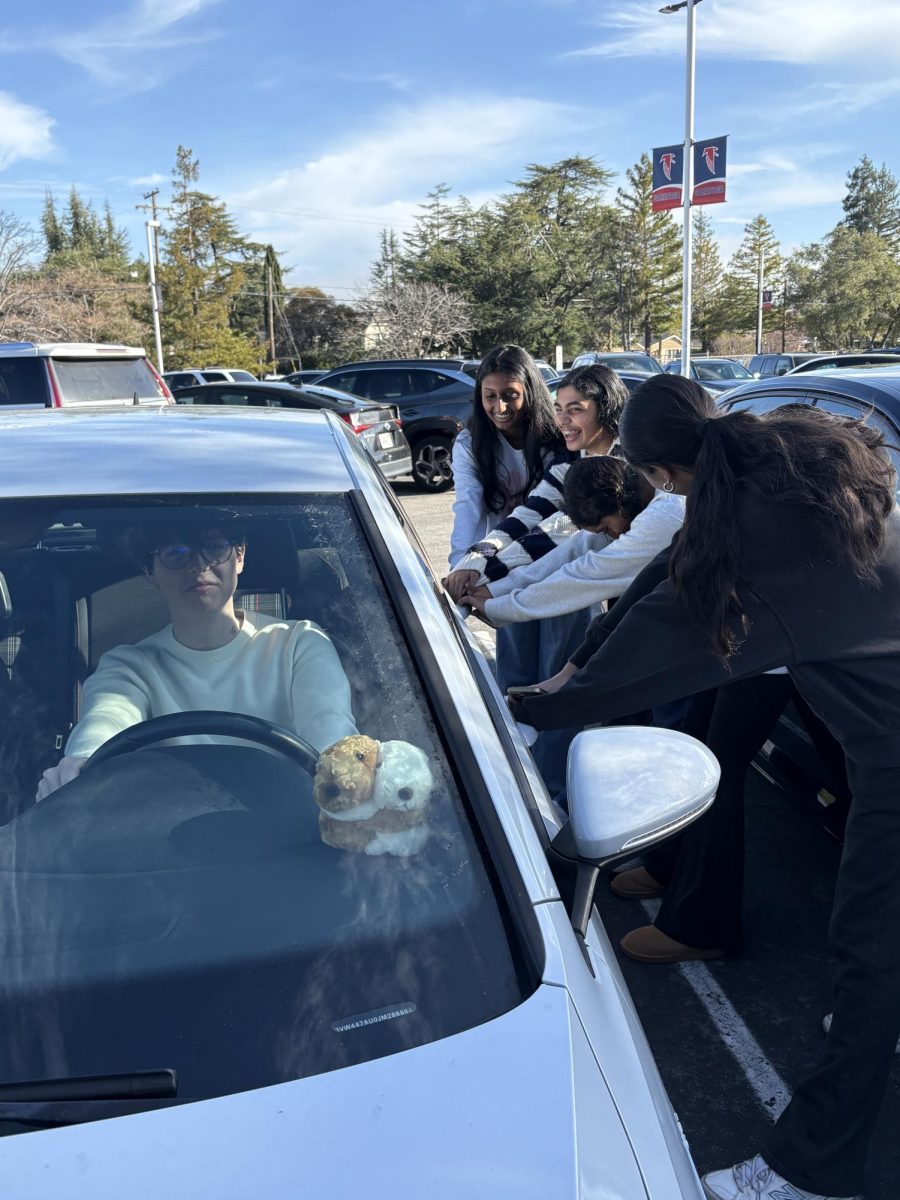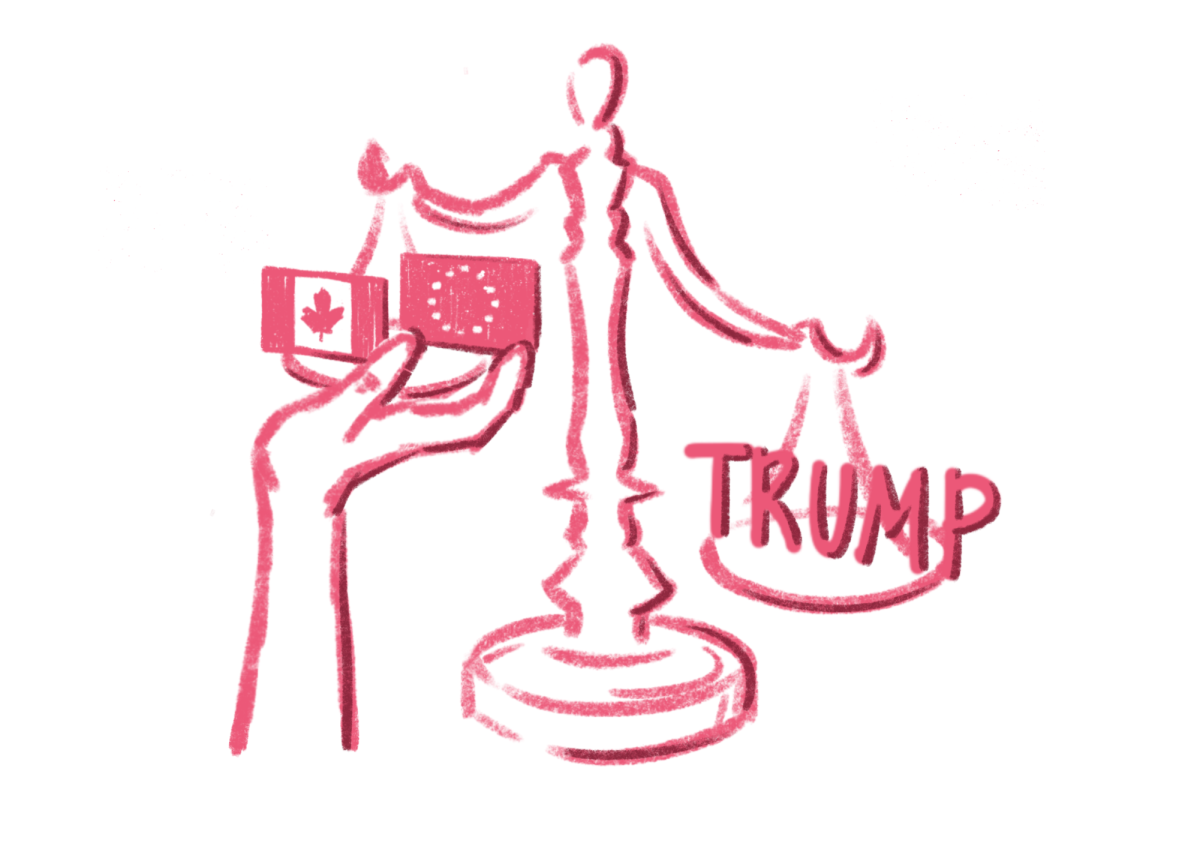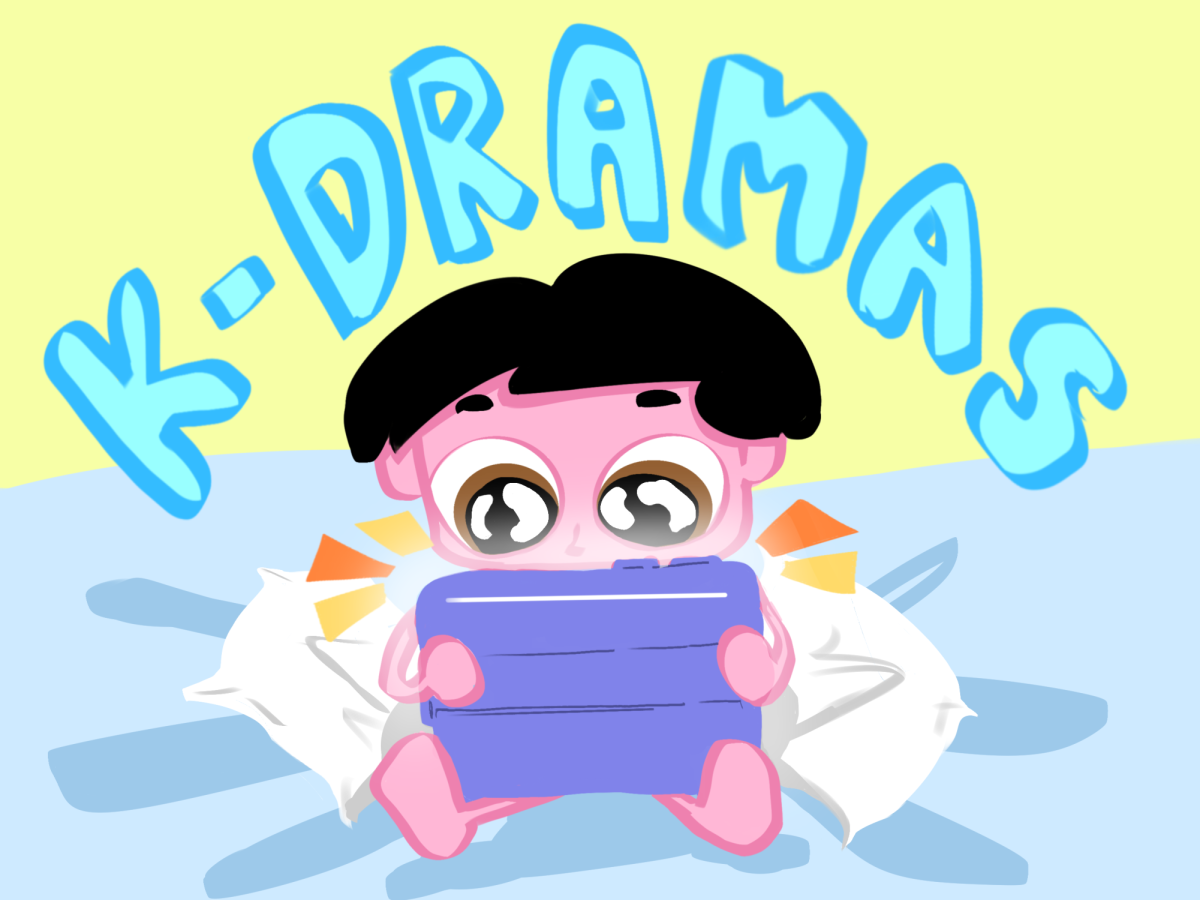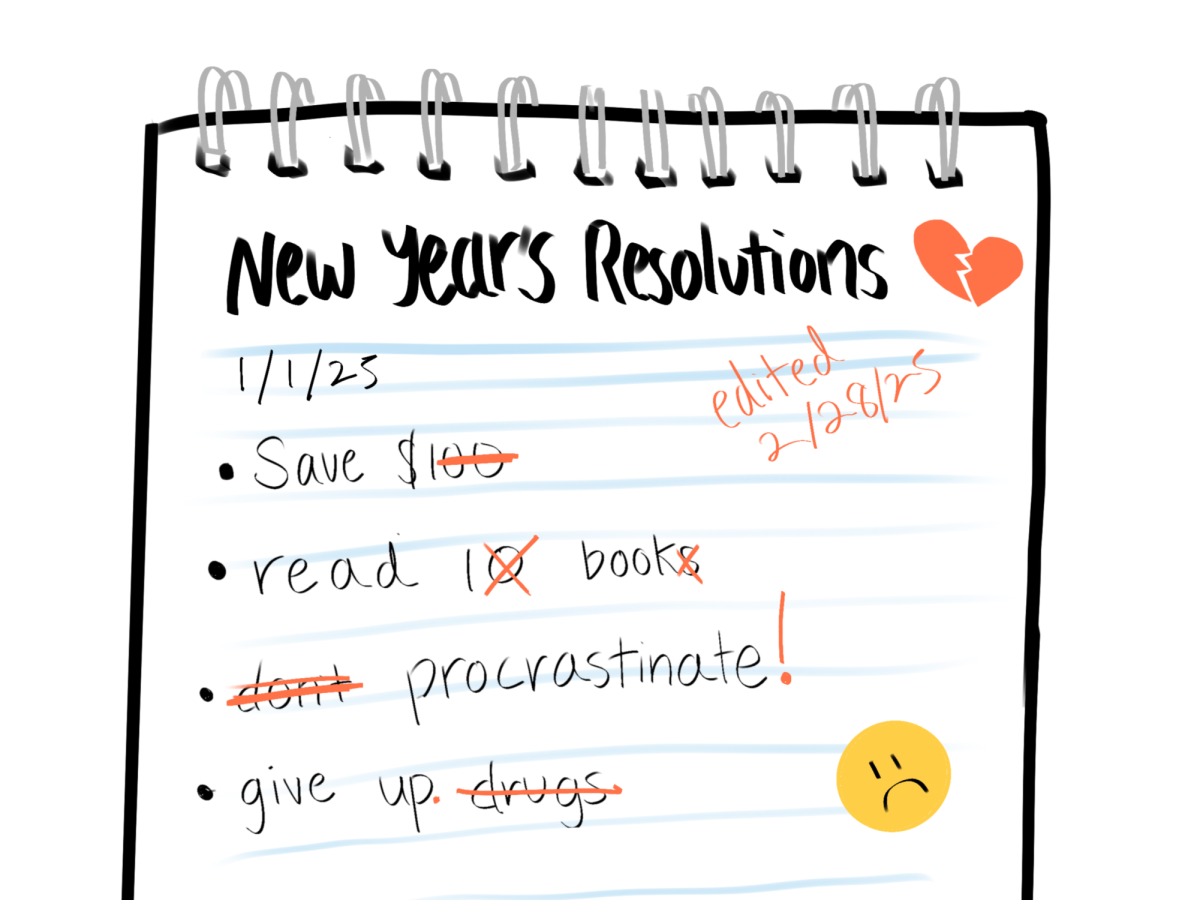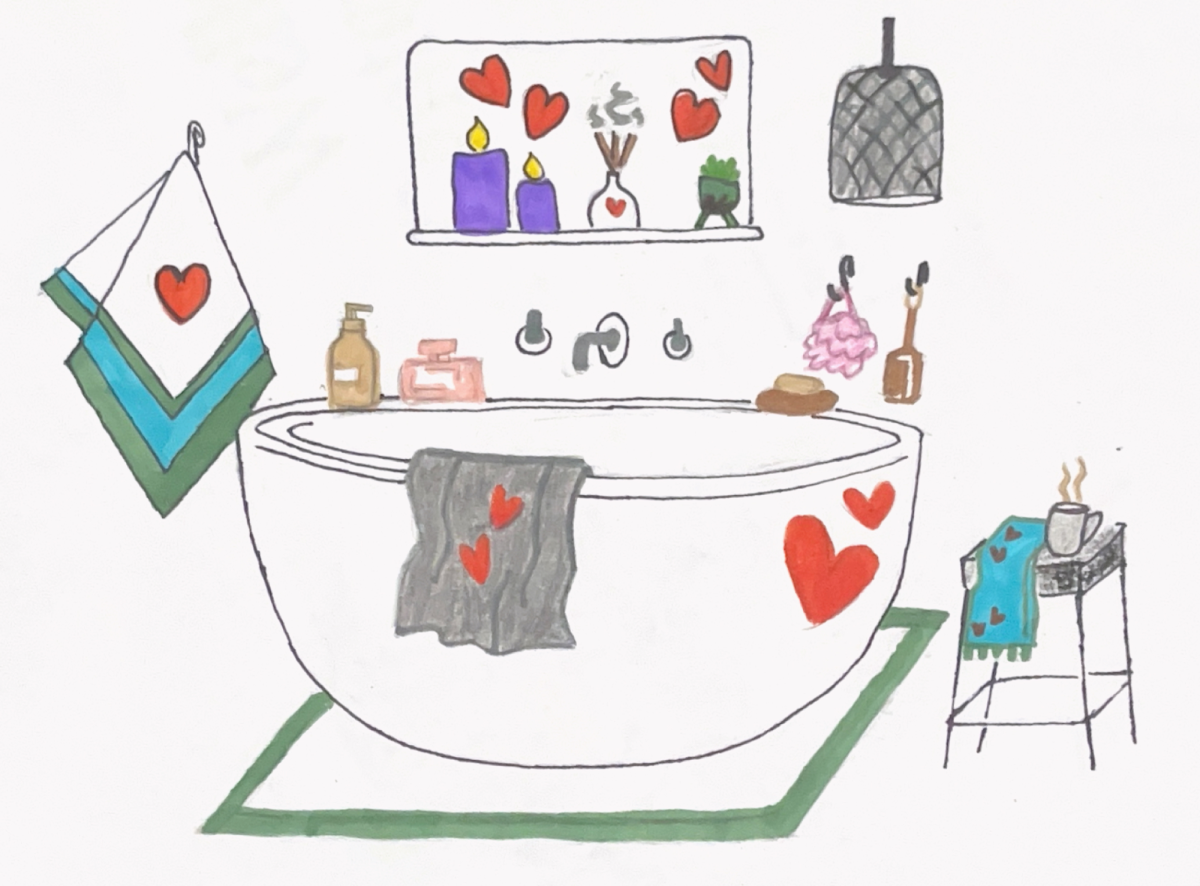Dear Falcon,
I think we—students and staff alike—are so blessed here at Saratoga High School to live and work and thrive in a learning community that values collaboration, one graced with a generosity of spirit perhaps unrivaled anywhere else.
So, it’s with a bit of mild consternation and dismay that I read Jay Kim’s article, “Seniors create database with students’ perspectives, notes on classes,” published on September 9th, about the creation of a website called SHS Advisor. The impetus behind the creation of the site is laudable—to help students “thrive in classes they signed up for.” I think it’s great any time any of us puts aside self-interest in the service of others. That being said, I can’t help but notice a few red flags about how the site is marketing itself.
The tagline for the site boasts that it will provide students a “guide to breeze through your four years at Saratoga High,” a message which seems questionable to me because it implies that 1) your four years here should be a “breeze,” that you shouldn’t have to try or put in some effort when it comes to your own learning and personal growth and development, and 2) that the classes themselves are not necessarily worth the time or effort spent.
Having given the site a quick perusal, I also noticed that each of the courses feature this subheading: “How to Get an A,” a marketing decision which seems to run counter to the group’s mission and goals. How do you relieve stress by fostering an atmosphere that focuses on an obsession with grades and competition? Moreover, is “getting an A” the only worthwhile goal for each of these classes? Is that how narrowly “success” is being defined? Are all “As” the same? Inquiring minds would like to know!
Yet another red flag is this ranking system employed by the site. Each subject area is given a “difficulty” rating that ranges from “Very Easy” to “Very Challenging.” Against what sort of metric are these classes being measured? Easy in what sense? Challenging in what sense? Is one subject’s level of ease/challenge equivalent to another’s? Is the class’s quality in terms of its ability to help you learn a new skill or open your eyes to a new perspective or broaden the scope of your understanding or deepen your capacity for empathy not worth measuring?
The article also states that the website would provide “previously used study guides [I’m assuming for specific courses] that were posted in Facebook class groups,” the argument being that “people already share them in general” and that it “could effectively decrease the high-stress nature of the school by encouraging students to help each other as they learn tough subjects.” Are the study guides being referenced teacher-sanctioned? Teacher created? If so, why is a database of such guides needed if aforesaid guides will be provided by the teachers, anyway? Or, are these “guides” student-created, ones tailored and tweaked and touted after tests are taken? Every hero in every journey needs a guide, obviously, but at what point do these guides become mighty morphing power cheat sheets?
Ultimately, I don’t see how developing a site like this (at least in terms of its current form and marketing) will reduce the high stress nature of academics at our school; it’s one more thing, one more site, one more routine that I, Stressed Out Student, must now incorporate into my academic life. And in doing so, I reduce every class, every text, every unit into yet another hoop to jump through, another box to check off, so much so that whatever joy or surprise or discovery or exploration or construction of learning that could have been experienced during this whole process is pre-emptively nullified. Sort of like preparing to go see a movie you’ve been looking forward to by having someone who has already seen it tell you what to expect, minute by minute.
Maybe I’m just being an old fuddy-duddy (and you know I am because I just used the term “fuddy-duddy”), but it used to be a mark of shame and embarrassment as a proud Nerd to be caught with a copy of Cliffsnotes (the fuddy-duddy version of SparkNotes). It was akin to being seen with stolen merchandise. Not to be nostalgic, but perhaps it’s time we re-adopt that attitude, so that you can proudly sport that symbolic N (for Nerd) on your chest. Better than F—for Fake—that’s for sure.


